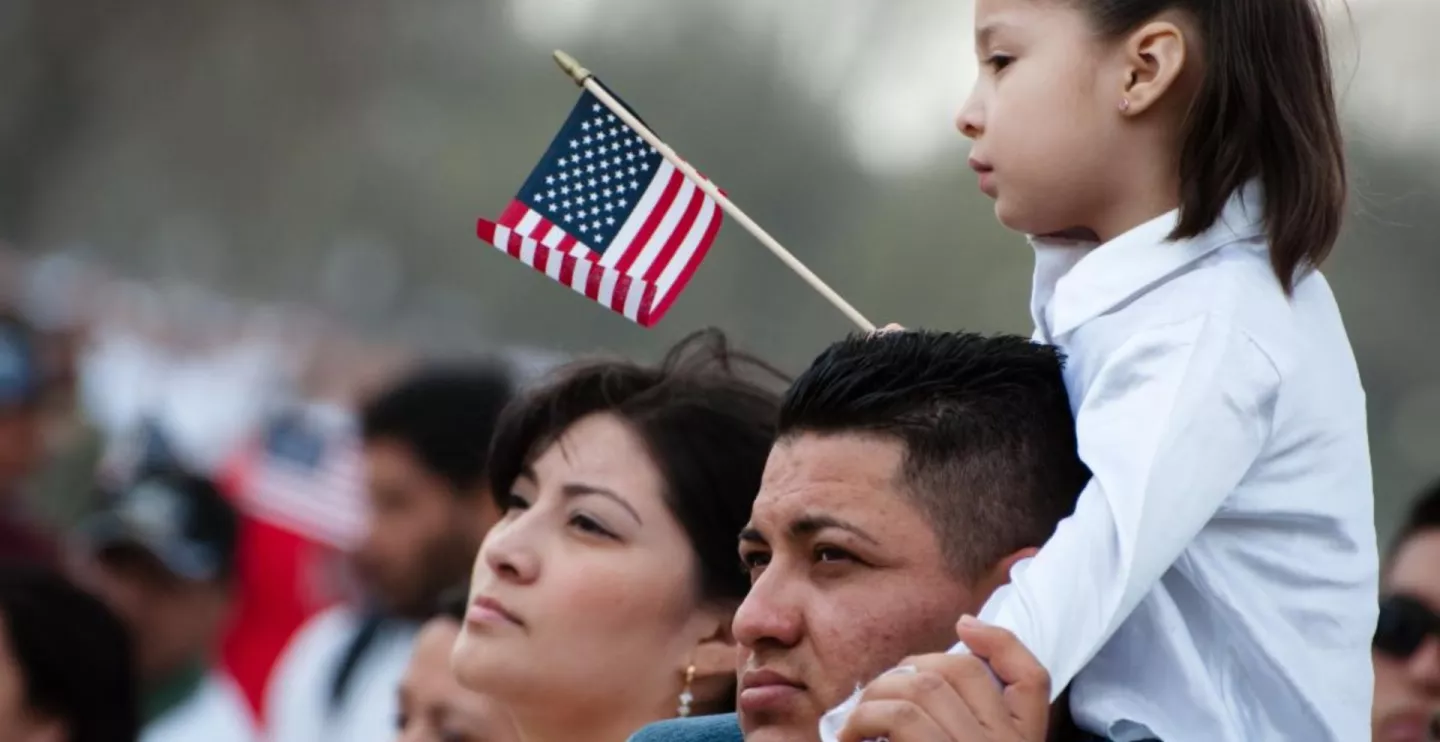Summary
Summary: Recent changes to immigration rules have expanded the number of public programs considered when identifying immigrants who are likely to become a “public charge,” or dependent on the government as their primary means of support. Policies and systems that perpetuate fear and confusion around immigration status contribute to the avoidance of public programs, which has serious implications for health and well-being. Using 2019 data from the California Health Interview Survey (CHIS), authors of this brief analyze immigrant avoidance of public programs and its association with health.
Findings: Authors found 1 out of 4 (25%) low-income immigrant adults in California reported avoiding public programs like Medicaid or nutrition assistance programs out of fear that participating would negatively impact their own immigration status or that of a family member. More than one-third (37%) of immigrants who reported avoiding public programs in the past year were uninsured, compared to less than one-fifth of immigrants who did not avoid public programs (16%). In addition, more than half of those who avoided public programs in the past year were food insecure (54%) compared to just over one-third who had not avoided public programs (36%). Even groups not subject to the public charge rule reported avoiding public programs: More than one-quarter (27%) of lawful permanent residents reported avoiding public programs even though the public charge rule does not apply to their applications for citizenship.
Read the Publications:
- Policy Brief: One in 4 Low-Income Immigrant Adults in California Avoided Public Benefit Programs, Likely Worsening Food Insecurity and Access to Health Care
- Press Release
- Infographic




